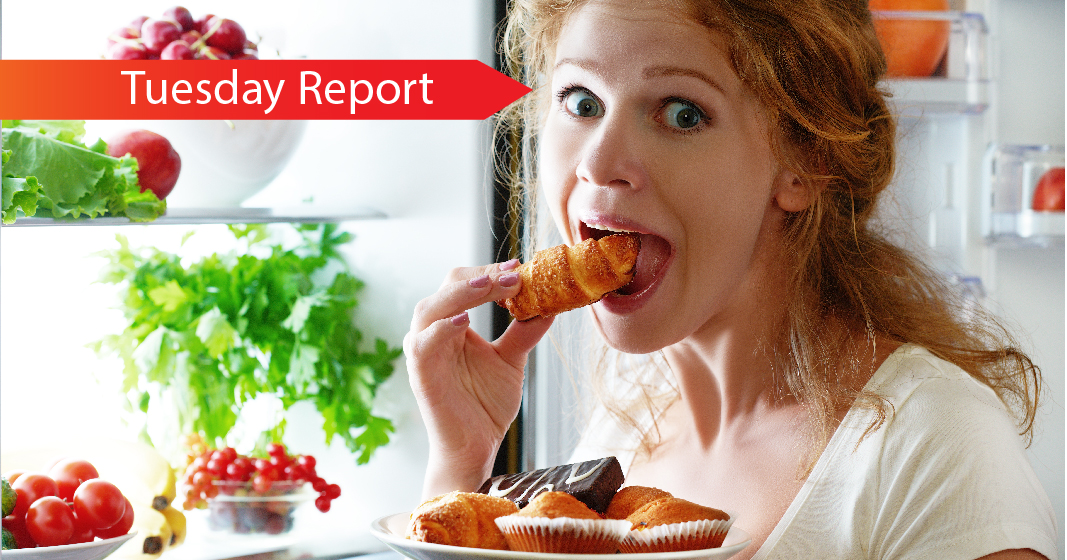So What’s the Thing with Sourdough Bread?
Sadly, John Mulaney, one of Jack’s and my favorite comedians, announced recently that after more than 15 years of sobriety, he had relapsed in his battle against drugs and alcohol. Fortunately, he entered a treatment program quickly and we wish him the very best. But things, unfortunately, got ugly before he went to rehab.
Why? And why now? According to Mulaney, the isolation, anxiety, and the loss of the ability to perform and engage with people due to COVID lockdowns became unbearable and led him to throw over the 15 years of sobriety that he had prized.
What happened to John Mulaney is happening to many of us in various ways—from indulging in high carb delights like sourdough bread to the irresistible lure of Amazon purchases. And why, even after cursing our “quarantine 15” pounds, is it still so darned hard to say no…to the extra slice of pizza, the half gallon of ice cream, the extra glass(es) of wine?
Why Do we Say “Yes” when We Should Say “No?”
We know better! We see the results in the pants that don’t fit. We know that the gallon of ice cream and the bottle of wine won’t REALLY make us feel better. But it seems so hard to say no. It even shows up in cookbook sales. Bread-baking cookbook sales have skyrocketed during the pandemic…while vegetarian and healthy cuisine cookbooks have slumped. Online alcohol sales are up 500% and stress-drinking has accelerated. Smoking is on the rise.
Turns out there are sound neurological reasons that we all started clearing supermarket shelves of flour, sugar and yeast in 2020 and that folks who never kneaded a loaf in their lives became master bakers. The word “No” actually IS harder to say in the high stress/high uncertainty world of COVID 19.
Neurological Reasons for Sourdough Bread—Activating the “Reward Center”
Here’s what’s going on. The unrelenting months of the pandemic have produced chronic stress for almost everyone. We’re largely confined to our homes. We can’t visit friends and family. Releases like travel are largely gone. We’re educating our kids at home…and working at home.
Those with jobs report they are working longer hours than ever before. Those without jobs have the stress and fear of unemployment.
That perfect storm has created chronic stress that fairly quickly reached a toxic level of stress. And that has unleashed the “reward center” of our brains which is usually kept safely in check by our prefrontal cortex.
Our best self is exhausted, stressed out on the couch…and our reward center is saying “PARTY!”
Put simply, chronic stress has overwhelmed the prefrontal cortex and flooded our brains with dopamine, the “happy juice” that pushes us toward instant reward and gratification. Our prefrontal cortex is the part of the brain that says “Put that cheesecake down! Take a walk, don’t pour that drink!” But our unleashed reward center overwhelms that sage advice with things far worse than “visions of sugar plums dancing in our heads.”
So What Do We Do?
So what can we do about it? To start with, literally “keep your wits about you.” In other words, when the urge for cake strikes, stop, count to 10 and ask yourself if you REALLY want that. Take a page from dog-training techniques, and use it on yourself: Distract yourself from the undesirable behavior. And then present yourself with a more sane option.
And, above all: Give yourself a break! Practice grace with the people around you, and especially with yourself.
Jack and I deeply hope that John Mulaney will show himself some grace…and come out stronger on the other side. That is also our wish for all of us.






